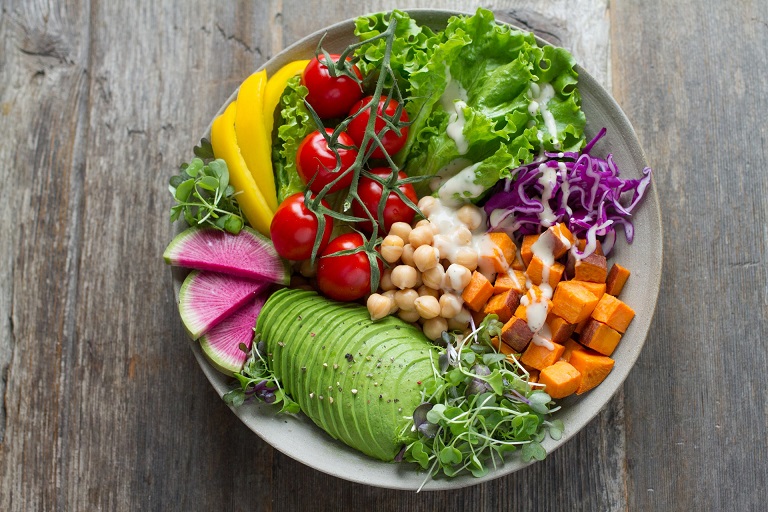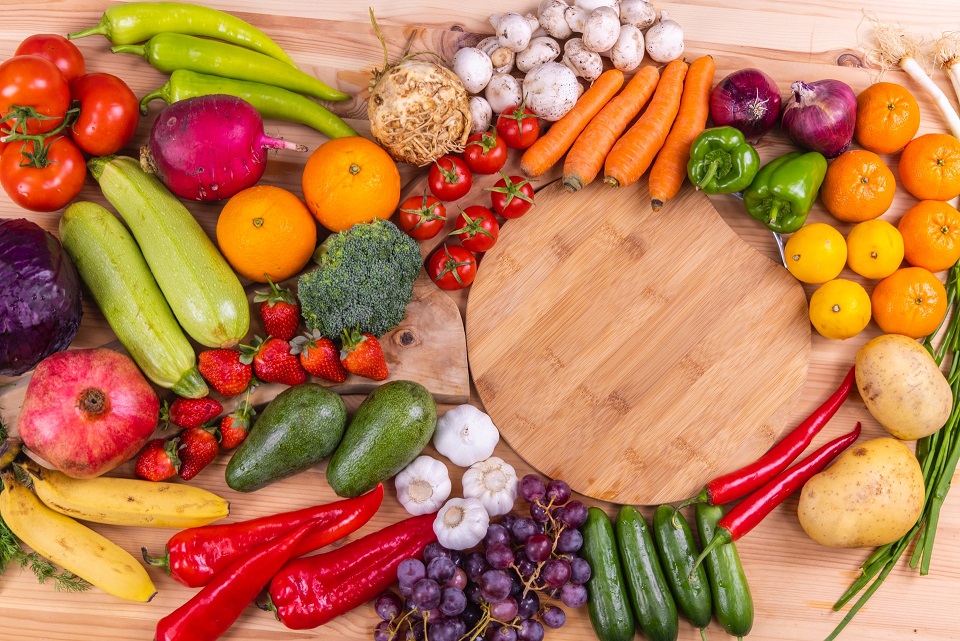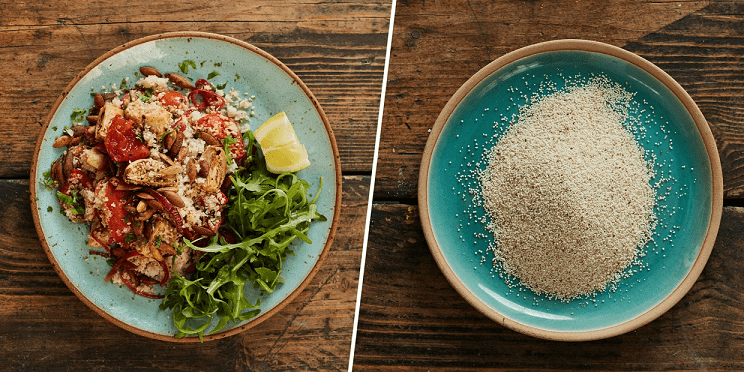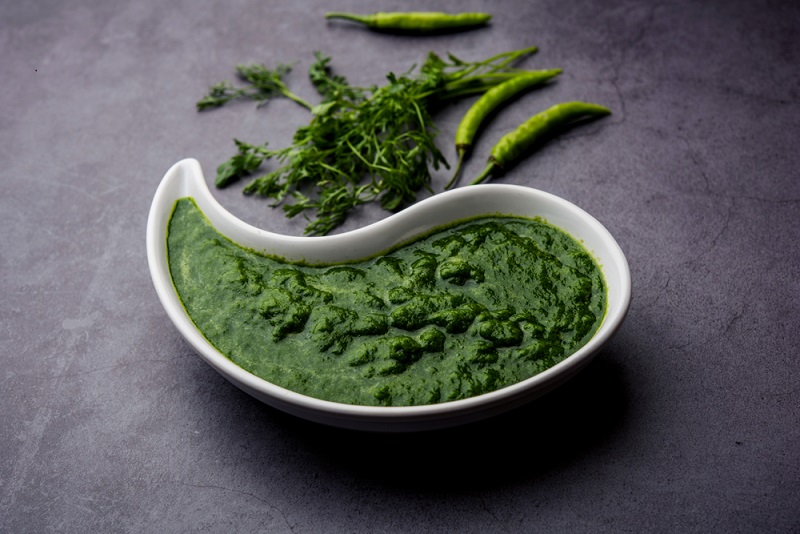Moringa is a type of leafy vegetable that is grown in South Africa. Used in cooking and smoothies, it can be easily added to a wide variety of recipes, greatly increasing their nutritional content. It makes an excellent ingredient for cooking as it tastes like spinach. Moringa also contains more micronutrients than any other leafy vegetable in the world.
If you haven’t heard about the miracle Moringa tree, now is the time to learn.
Health Benefits of Moringa
Moringa is an exceptional super leafy green with exceptional healing properties. Adding Moringa to your diet has been proven to be highly beneficial for health.
Moringa is rich in antioxidant properties, has 25% plant protein, 24%fibre with vitamin A, vitamin E, vitamin K, calcium, and iron content. Highly bioavailable more so than synthetic supplements.
As it is loaded with essential vitamins, moringa is phenomenal for repairing and protecting the skin. It has 19% vitamin A and 17% vitamin E, which serve as anti-ageing antioxidants.
Moringa has 32%iron content which is a crucial element to its serving as an immune booster. Moringa is an anti-cancerous agent, exceptional for muscle growth because of its high protein content.
Moringa is a powerful superfood that can be used to add important nutrients to your plant-based diet.
Rich History
The leaves of the Moringa tree have a long history of traditional use because they are packed with beneficial nutrients. A member of the comment family, Moringa trees are grown throughout the world as an important food crop in Asia and Africa.
It is a powerhouse of vitamins, minerals, and antioxidants. With up to 20 times the amount of vitamin C in oranges and 5 times more calcium than milk, moringa is a great addition to your daily diet.






